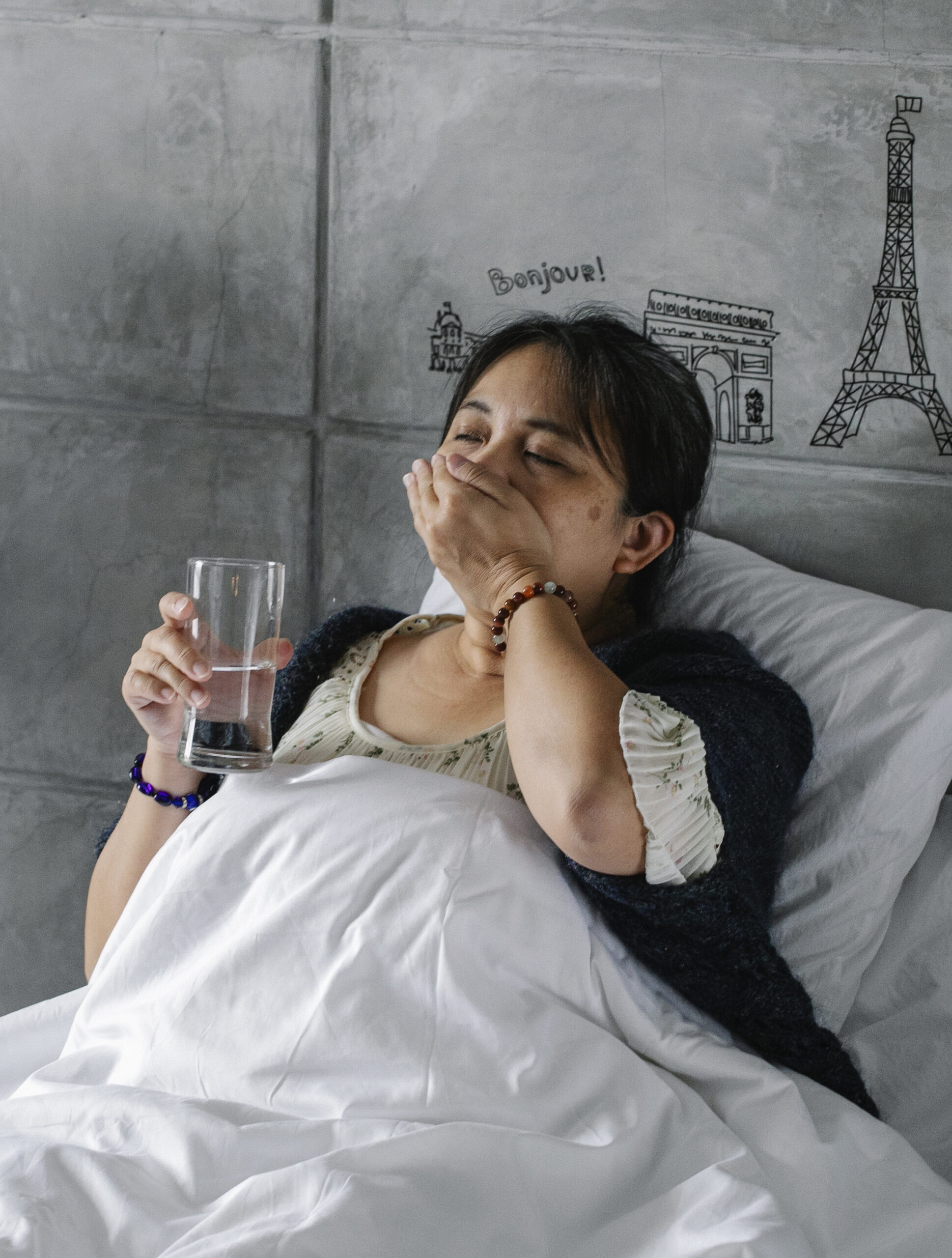Can whooping cough be cured?
Title: Can Whooping Cough be Cured? Understanding the Treatment Options
Introduction:
Whooping cough, also known as pertussis, is a highly contagious respiratory infection that primarily affects infants and young children. However, it can also impact people of all ages. While the symptoms of whooping cough can be distressing, the good news is that there are effective treatment options available. In this blog, we will explore the question: can whooping cough be cured? Let’s delve into the subject and unravel the facts.
Understanding Whooping Cough:
Whooping cough is caused by the bacterium Bordetella pertussis, which affects the respiratory system. It spreads through respiratory droplets when an infected person coughs or sneezes. The disease is characterized by severe coughing fits, often accompanied by a ‘whooping’ sound as the person tries to inhale forcefully after coughing.
Can Whooping Cough be Cured?
The treatment for whooping cough focuses on managing symptoms, preventing complications, and limiting the spread of the infection. In most cases, the condition can be effectively managed by a comprehensive treatment plan. While whooping cough cannot be truly ‘cured’ by medication alone, early diagnosis and prompt treatment can significantly decrease the severity and duration of the illness.
1. Antibiotics:
Antibiotics are the primary treatment for whooping cough. They can help reduce the severity of symptoms, prevent complications, and shorten the contagious period. Antibiotics such as azithromycin, clarithromycin, or erythromycin are commonly prescribed. It is crucial to start antibiotic treatment as soon as possible, ideally within the first three weeks of the illness.
2. Supportive Care:Supportive care plays a critical role in managing whooping cough. It involves measures to alleviate symptoms and promote recovery. Some useful supportive care strategies include:
– Staying hydrated: Increase fluid intake to prevent dehydration caused by excessive coughing. – Resting: Provide ample rest to aid recovery and conserve energy. – Humidifiers: Using humidifiers or taking steam baths can help moisten the airways and alleviate coughing. – Isolation: Isolating the infected individual helps prevent the spread of the infection to others. – Vaccination: Immunization plays a crucial role in preventing whooping cough. The DTaP vaccine is routinely recommended for infants and young children, and the Tdap vaccine is recommended for adolescents and adults. Boosters are often administered to maintain immunity.
3. Prevention for High-Risk Individuals:
In certain cases, high-risk individuals may be prescribed preventive antibiotics to protect against whooping cough. This includes individuals who have been in close contact with an infected person, infants less than six months old, pregnant women in the last trimester, and those with weakened immune systems.
Conclusion:
While whooping cough cannot be ‘cured’ in the traditional sense, appropriate treatment can help manage the condition, reduce the severity of symptoms, and prevent complications. Antibiotics play a pivotal role in treating whooping cough, and supportive care measures aid in recovery and preventing the spread of the infection. Vaccination is also crucial in preventing the disease and protecting vulnerable populations. If you suspect you or someone you know has whooping cough, it is essential to seek medical attention promptly to receive appropriate treatment. Remember, timely intervention can make a significant difference in the outcome. Stay informed, take necessary precautions, and prioritize the health and well-being of yourself and your loved ones.



